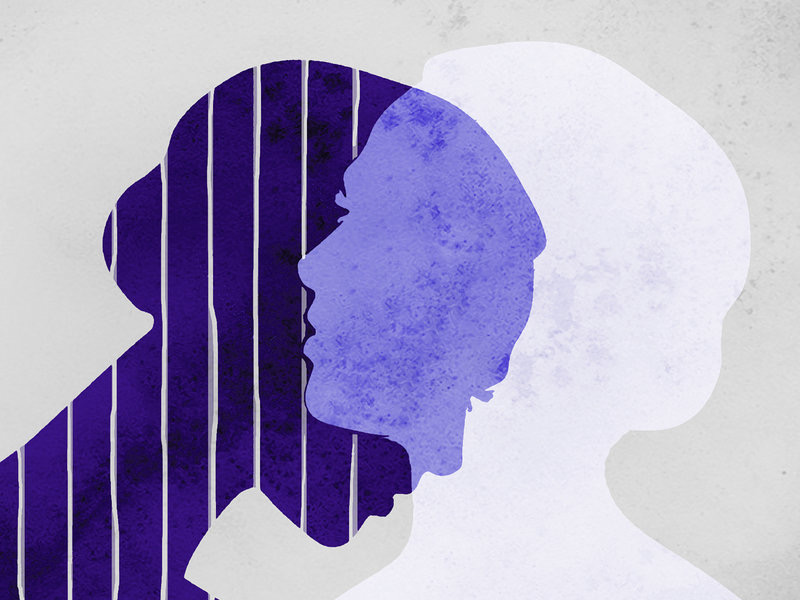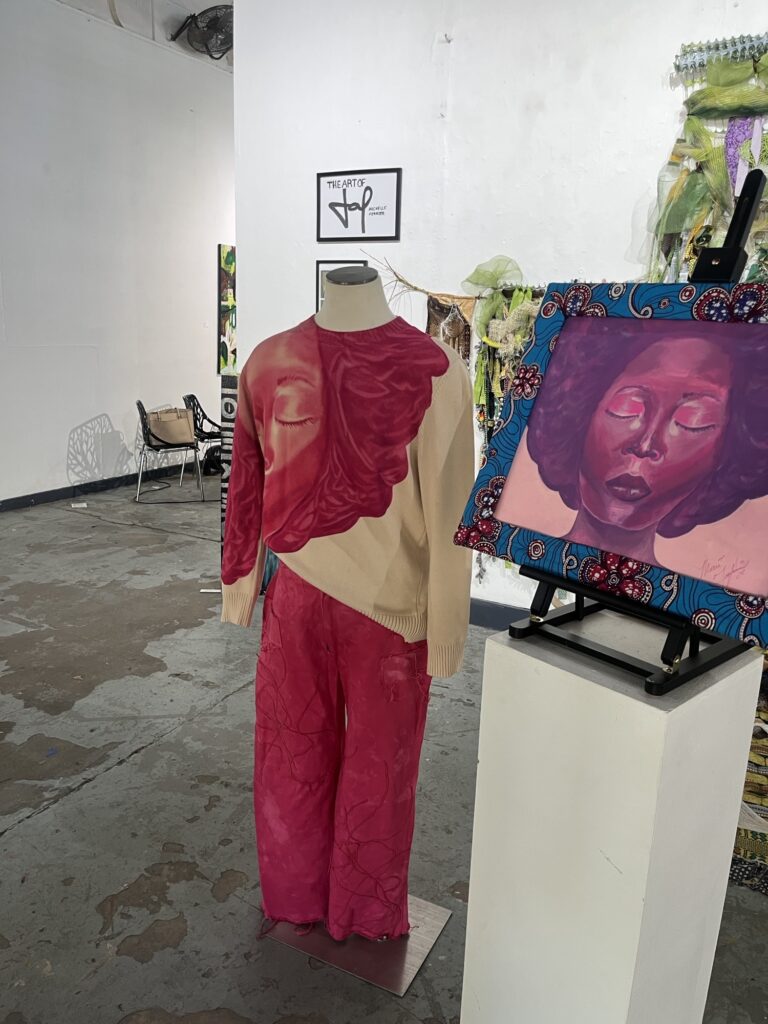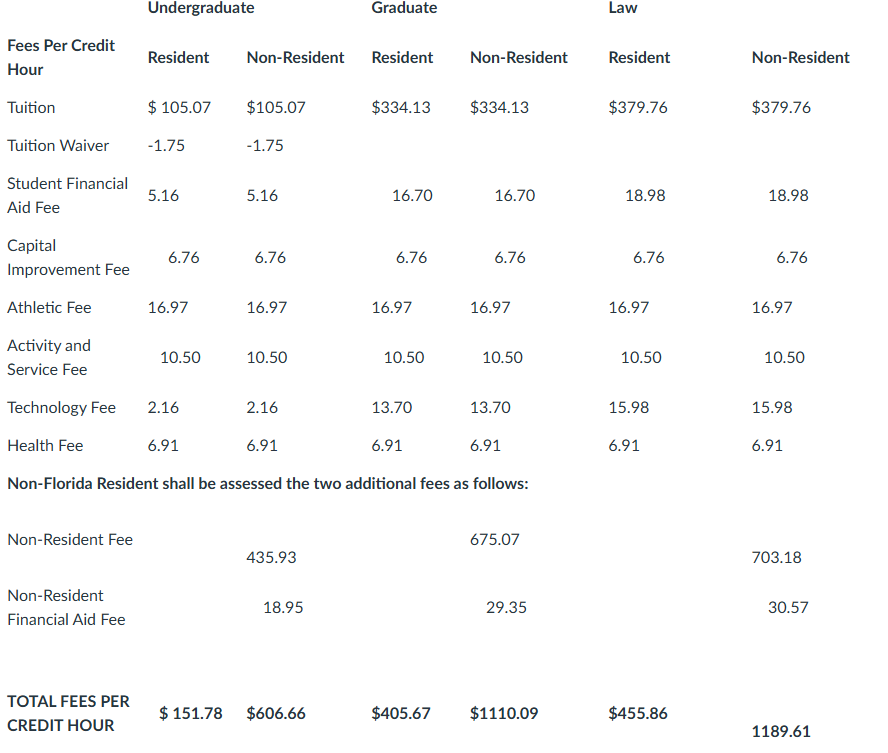Before entering Florida A&M University, Raquel Daniels went to a social gathering at The Cottages at Magnolia. She went with her friends expecting to have a fun night, but that’s not what happened.
During the get together, Daniels was assaulted by two students from FAMU. She didn’t remember exactly what happened at the party, but a few days later had to go to the gynecologist after having a tampon pushed further inside her.
A friend of her assailant messaged her after the party. He was in the same organization as them and wanted to check in on her. He texted her apologizing for the actions of his prophytes — members of the organization that are of an older initiate class. He stated that he knew how they can get when there’s alcohol and girls involved.
Daniels spent a lot of time in the FAMU counseling services dealing with her assault. She struggled with depression and couldn’t function having to see the perpetrators around campus. She wasn’t sure where to go, but after several months of counseling she was finally referred to Title IX. But, she was told there was not much they could do because it happened so long ago.
“If I would have known about these resources sooner maybe I could have reported it sooner,” Daniels said. “It made me feel helpless and sad. It made me feel like 18-year-old me was right for not coming forward in the first place. They don’t treat us with urgency or care and it’s so obvious.”

Photo courtesy of Lydia Ortiz.
Across the tracks at Florida State University, Melissa Carcamo was raped after attending an off-campus party.
Carcamo was assaulted early September 2018 and reported it a few weeks later. She went to the police and the first thing he asked her was “Why am I here?” She proceeds to tell her story and is greeted with more questions that included: how much did you drink and well what makes you think you got raped?
Carcamo, a student at Florida State University, had no recollection of the encounter. All she knew was that she woke up in a apartment that wasn’t hers with a guy she didn’t know and clothes put on her that weren’t her own.
The police then told her that they were sorry that it happened to her, but never followed up after that. She then went to Title IX where her case began. Her hearing wasn’t until April 1, 2019.
They interviewed different witnesses at the party. Carcamo was sure justice would be served being that her rapist and his witnesses stories didn’t match up. Her rapist said he was completely sober. Another said he was drunk so the lines were blurred.
Ultimately, her assailant was assigned to community service at a women’s shelter.
“I fought all my battles and I’ve lost every single one,” Carcamo said. “You can’t tell me I didn’t try. You can’t tell me I kept it under the rug. I did everything in my power and it was not enough.”
According to the Rape Abuse and Incest National Network, among undergraduate students, 23.1% of females and 5.4% of males experience rape or sexual assault through physical force, violence, or incapacitation. They also stated that college women are twice as likely to be sexually assaulted than robbed.
While assault is still prevalent on college campuses, the amount of reports made to school police departments are not of equal stature. Questions arise constantly as to why survivors do not come forward, but recent cases have shown that there is not much punishment for the perpetrator.
Cases like People v. Turner where Brock Turner was convicted of sexual assault is a prime example. Turner was sentenced to six months incarceration and three years probation, but only served three months. Cases like these where the defendant is actually charged are already far and in between, but to then have him released early only diminishes survivors hope that justice will be served.
When reporting an assault to the FAMU Police Department, students must explain what happened, if it was on or off-campus and then that will determine if the Tallahassee Police Department will get involved.
“What we handle is the initial report,” FAMU’s Law Enforcement Sergeant, Erica Herring, said. “We interview you, we interview that person and we take that down to the circuit court and state attorney’s office. The state attorney’s action is that, for what we have written in our report, they decide whether or not they’re going to pursue charges against that person.”
Following on the heels of the #MeToo movement, many women and men are now taking a stand, telling their stories and speaking their truths.While momentum has picked up with survivors speaking out, there is still a lack of support from university officials.
The new wave of taking to social media to have your voice heard is more relevant than actually sending in a report to campus police.
Carcamo went to social media to let her followers know about the struggles she faced during her case. She posted to Instagram in hopes to make people aware of her assailant who is still walking around campus freely. This post got over 1,200 likes and 200 comments. Carcamo said she received support and messages from people all over the United States. The hashtag #IStandWithMelissa ended up all over Twitter.
Another issue many FAMU student’s had was the lack of knowledge about the different resources available to them. Title IX handles a lot of the emotional support for survivors. This program allows students to get excused absences, accommodations with housing and classes.
Title IX also has a victims advocate, which is an adviser for survivors during their process of reporting an assault. These advocates serve as a mentor and give the survivor guidance throughout this rough time. FAMU just hired a victim’s advocate this past year.
Title IX does not work with the police department, so they are more focused on tending to the needs of the student. But, with only one victim’s advocate on campus it leaves a lot of room for students to fall through the cracks. Many students feel as though there isn’t enough support provided to survivors and that there isn’t follow through from these officials.
On the 2018 Annual Security Report created by FAMU PD, they reported that on the main campus there were four cases of rape in 2017. One on-campus and three on public property.
According to the National Sexual Violence Resource Center nearly two thirds of college students experience sexual harassment. They also reported that more than 90% of sexual assault victims on college campuses do not report the assault. There seems to be a disconnect between how much assault is happening on campus and how many people are reporting it.
Coming forward takes a lot of strength and support. If students do not feel that support from school officials no one will ever feel comfortable to tell administration. The lack of follow through from higher-ups only keeps perpetrators on campus and survivors hesitant to tell their stories.
“I think that if we just address the elephant in the room it won’t be such a touchy subject,” Daniels said. “Consequences need to be enforced. Help needs to be provided. Real help for survivors, not just help that looks good on paper for the university requirements.”














